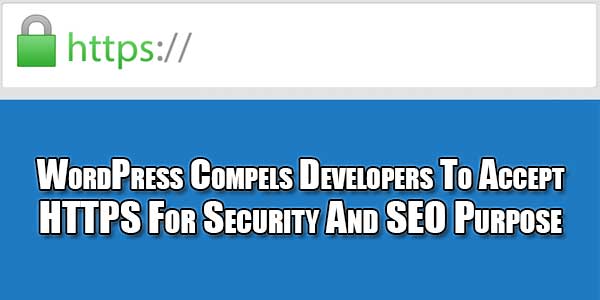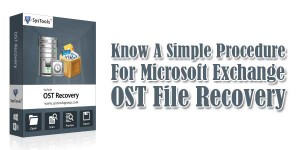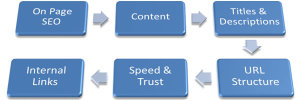
WordPress is one of the most popular content management systems out there and it is being used by bloggers as well as big corporate houses to build websites. WordPress is famous for its SEO friendly features and tools, but the great thing about this open source platform is that it offers consistent updates to implement the latest technologies on the web and ensures complete safety of its users all over the world. Just a few days ago, WordPress launched its latest version, “WordPress 4.7” and Matt Mullenweg, the CEO of The WordPress Foundation announced that the most important aspect of this latest CMS update is to make it safe and secure.
Table of Contents
HTTPS Will Make WordPress Secure And SEO Friendly:
Matt Mullenweg clearly stated that websites hosted on WordPress must support SSL security protocols in 2017. The “WordPress 4.7” will require HTTPS for making the websites impenetrable by hackers. This is certainly a great move by WordPress as the company is responding to the growing concerns among the web users regarding data security and privacy.

SSL is the short form of “Security Sockets Layer” and it is basically a cryptographic security protocol, recognized by a server and a client through SSL certificate. On the other hand, HTTPS is a more secure version of Hypertext Transfer Protocol which integrates SSL security system. Since so many sites out there are running on WordPress CMS, this mandatory HTTPS standardization will make 25% of total websites on World Wide Web completely secure.
How Does This Help In SEO?
Back in August 2016, Google announced that they have started considering HTTPS as a ranking signal as it indicates web users will be safe on such sites while sharing their personal information and banking data. Specifically, Google Chrome users will get HTTPS-enabled websites in search results. In fact, Google is giving so much priority to HTTPS standard that they also said Chrome users will see an “X” mark next to the non-HTTPS websites on the SERP. So, if you want to ensure a top rank for your website then make sure your WordPress website has HTTPS in the domain name.

 About the Author:
About the Author:












Its really amazing blog with very much helpful information, thank you so much for writing this blog here for us.
Welcome here and thanks for reading our article and sharing your view.
Its really amazing blog with very much helpful information, thank you so much for writing this blog here for us.
Welcome here and thanks for reading our article and sharing your view.